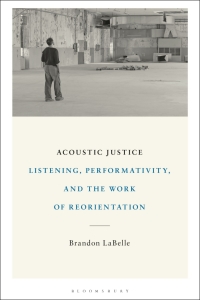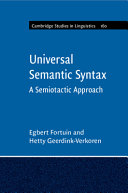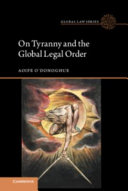Buy Acoustic Justice: Listening, Performativity, and the Work of Reorientation 1st Edition PDF ebook by author Brandon LaBelle – published by Bloomsbury Academic USA in 2021 and save up to 80% compared to the print version of this textbook. With PDF version of this textbook, not only save you money, you can also highlight, add text, underline add post-it notes, bookmarks to pages, instantly search for the major terms or chapter titles, etc.
You can search our site for other versions of the Acoustic Justice: Listening, Performativity, and the Work of Reorientation 1st Edition PDF ebook. You can also search for others PDF ebooks from publisher Bloomsbury Academic USA, as well as from your favorite authors. We have thousands of online textbooks and course materials (mostly in PDF) that you can download immediately after purchase.
Note: e-textBooks do not come with access codes, CDs/DVDs, workbooks, and other supplemental items.
eBook Details:
Full title: Acoustic Justice: Listening, Performativity, and the Work of Reorientation 1st Edition
Edition: 1st
Copyright year: 2021
Publisher: Bloomsbury Academic USA
Author: Brandon LaBelle
ISBN: 9781501368202, 9781501368233
Format: PDF
Description of Acoustic Justice: Listening, Performativity, and the Work of Reorientation 1st Edition:
Acoustic Justice engages issues of recognition and misrecognition by mobilizing an acoustic framework. From the vibrational intensities of common life to the rhythm of bodies in movement, and drawing from his ongoing work on sound and agency, Brandon LaBelle positions acoustics, and the broader experience of listening, as a dynamic means for fostering responsiveness, understanding, dispute, and the work of reorientation. As such, acoustic justice emerges as a compelling platform for engaging struggles over the right to speak and to be heard that extends toward a broader materialist and planetary view. This entails critically addressing questions of space, borders, community, and the acoustic norms defining capacities of listening, leading to what LaBelle terms “poetic ecologies of resonance.” Acoustic Justice works at issues of recognition and resistance, place and displacement, by moving across a range of pertinent references and topics, from social practices and sound art to the performativity of skin and the poetics of Deaf voice. Through such transversality, LaBelle pushes for acoustics as the basis for strategies of refusal and repair.





